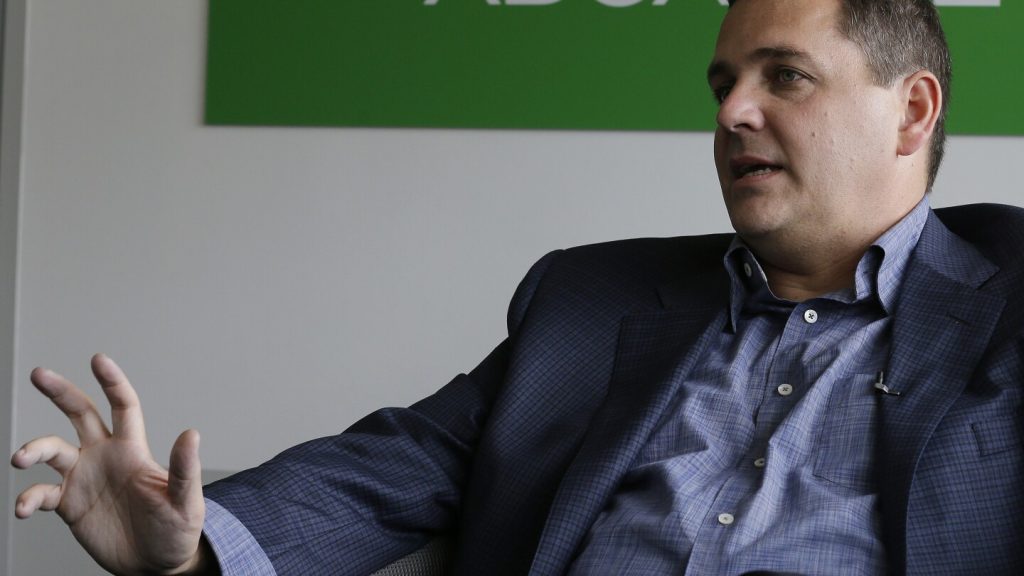Whitten’s appointment as CEO of Cruise comes at a critical time for the company, as it tries to recover from a gruesome collision that led to the suspension of its California license. This incident, which involved one of Cruise’s robotaxis dragging a pedestrian across a street in San Francisco, prompted regulators to halt the service in the city. The aftermath of the crash also saw General Motors scale back its investments in Cruise, resulting in layoffs and the resignation of former CEO Kyle Vogt.
On the same day as Whitten’s appointment, rival robotaxi service Waymo announced that its driverless vehicles are now available to pick up any rider in San Francisco, expanding their service from a waiting list of 300,000 people. Waymo’s vehicles have been operating in Phoenix for several years without any major collisions, although a recent incident involving a telephone pole prompted a voluntary software update recall. This development puts pressure on Cruise to address its own challenges and regain trust in its technology.
Whitten’s background in technology, including work at Xbox, Amazon, and Sonos, brings a wealth of experience to Cruise as it navigates complex issues related to the October crash in San Francisco. The U.S. Justice Department has launched an inquiry into Cruise’s handling of the incident, while California regulators fined the company $112,000 for its response. Despite these challenges, Whitten remains optimistic about Cruise’s potential to improve transportation safety and is committed to working with the team to achieve this goal.
General Motors had high hopes for Cruise, aiming for $1 billion in annual revenue by 2025, but had to adjust its plans in the wake of the crash and subsequent regulatory actions. Whitten’s appointment signals a new chapter for the company as it seeks to rebuild its reputation and operations in the competitive robotaxi market. With Waymo expanding its services in key cities, Cruise will need to demonstrate its commitment to safety and innovation to regain its position in the industry.
The autonomous vehicle industry continues to face scrutiny and challenges as companies strive to develop safe and reliable technology for mass transportation. The incidents involving Cruise and Waymo highlight the complexities of deploying driverless vehicles in urban environments and the importance of robust safety measures. Whitten’s leadership at Cruise will be crucial in guiding the company through these obstacles and fulfilling its mission of revolutionizing transportation through autonomous technology. Despite setbacks, the autonomous vehicle sector remains a focal point of innovation and investment, with companies like Cruise and Waymo leading the charge towards a future of self-driving cars.


